Spices That Boost Your Immunity
13 min read Discover flavorful spices that naturally enhance your immune system and elevate your wellness routine through everyday cooking. July 08, 2025 00:05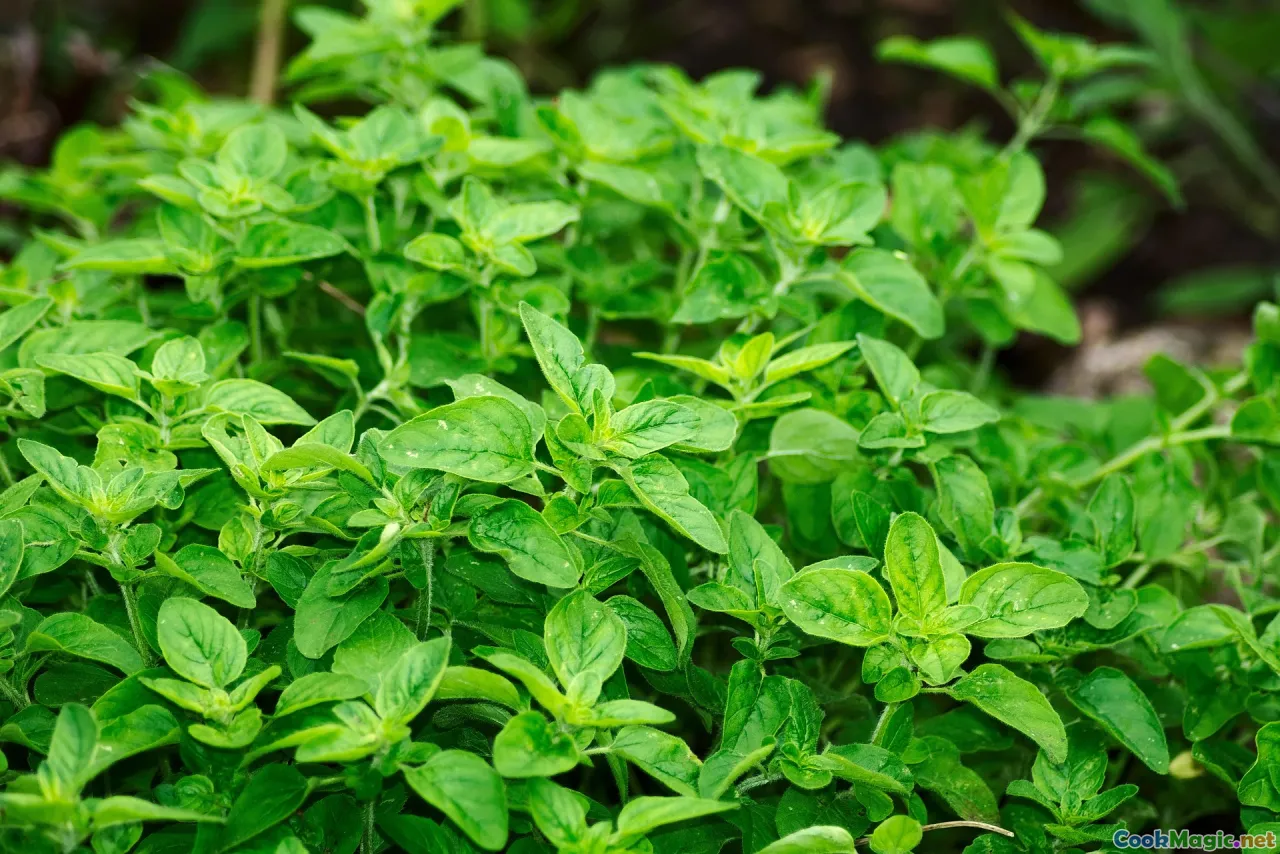
A Spiced Journey into Immunity: How Flavors Fuel Your Health
Imagine walking through a bustling marketplace in Marrakech, where the scent of cinnamon and cumin mingles with roasting nuts and freshly baked flatbreads. Or recall the warmth that spreads through your chest when you sip a steaming cup of turmeric-laced chai under a chilly winter sunset. Spices are more than just flavor-enhancers; they are ancient allies in our quest for health, woven into the cultural fabric of civilizations and echoing tales of healing along every ember-lit market and spice trader’s caravan.
In today’s culinary landscape, the concept of superfoods has exploded, yet some of the most potent health boosters are buried deep within our spice racks—those tiny, potent spheres filled with centuries of tradition. From the fiery red of cayenne pepper to the golden glow of turmeric, these culinary gems are packed with bioactive compounds that can bolster your immune system, combat inflammation, and even uplift your mood.
Let’s embark on a flavorful expedition exploring the top spices that do more than elevate your dishes—they elevate your health as well.
The Powerhouse of Turmeric: The Golden Wonder
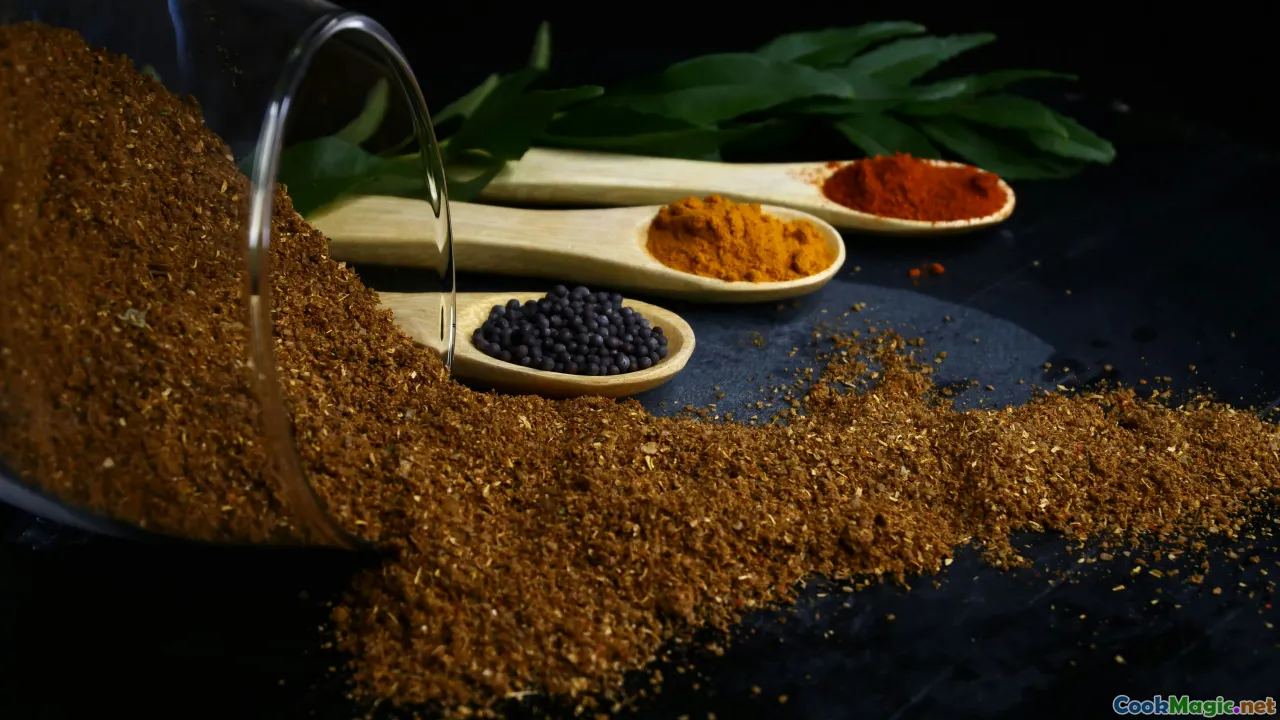
Turmeric, often called the “golden spice,” has graced Indian curries, Thai soups, and Middle Eastern bowls for centuries. Its most active compound, curcumin, is renowned for its anti-inflammatory and antioxidant properties. Historically, Ayurveda and traditional Chinese medicine have revered turmeric as a healing marvel—an elixir to detox the liver, ease digestion, and invigorate the immune system.
When you add a pinch of turmeric to your morning scrambled eggs, or blend it into a soothing golden latte with coconut milk and black pepper, you’re carrying on an ancestral tradition of nurturing your body with nature’s medicine cabinet. Black pepper significantly enhances curcumin absorption, making it a culinary dance of bioavailability. Recent studies suggest curcumin’s role in moderating inflammatory responses—especially crucial during cold and flu season—making turmeric a vital spice in your wellness toolkit.
Tip: For optimal absorption, pair turmeric with fats like olive oil or coconut oil, and a pinch of black pepper.
Cinnamon—A Sweet Ally
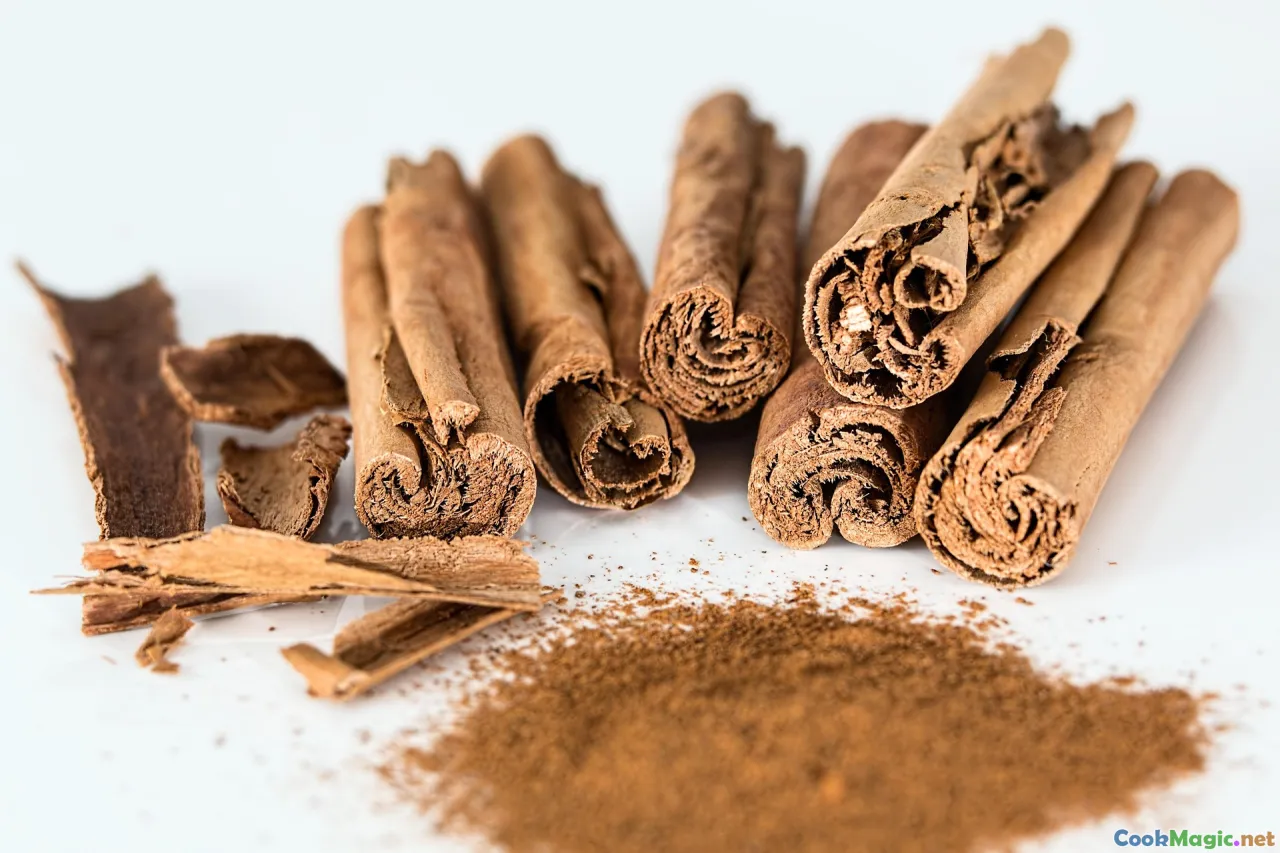
Cinnamon’s sweet aroma conjures images of warm buns, apple pies, and cozy mornings by the fire. But beyond its comforting scent lies a potent compound—cineole—that exhibits impressive antimicrobial, anti-diabetic, and immune-modulating properties. Historically, cinnamon has been used in Middle Eastern, Indian, and Central American cultures as a medicinal remedy for colds, digestive woes, and even for managing blood sugar levels.
In culinary applications, a sprinkle of cinnamon on oatmeal or in a cup of herbal tea can elevate immune health subtly yet significantly. Research indicates that cinnamon modulates blood glucose and reduces inflammation markers—factors pivotal in the body’s defense mechanisms.
Personal Insight: I love fragrant cinnamon-spiced roasted vegetables: carrots, sweet potatoes, and Brussels sprouts tossed with olive oil, cinnamon, and a dash of chili powder. The aroma alone is enough to invigorate your senses and prepare your immune defenses for the day.
Cumin—A Warm, Earthy Protector
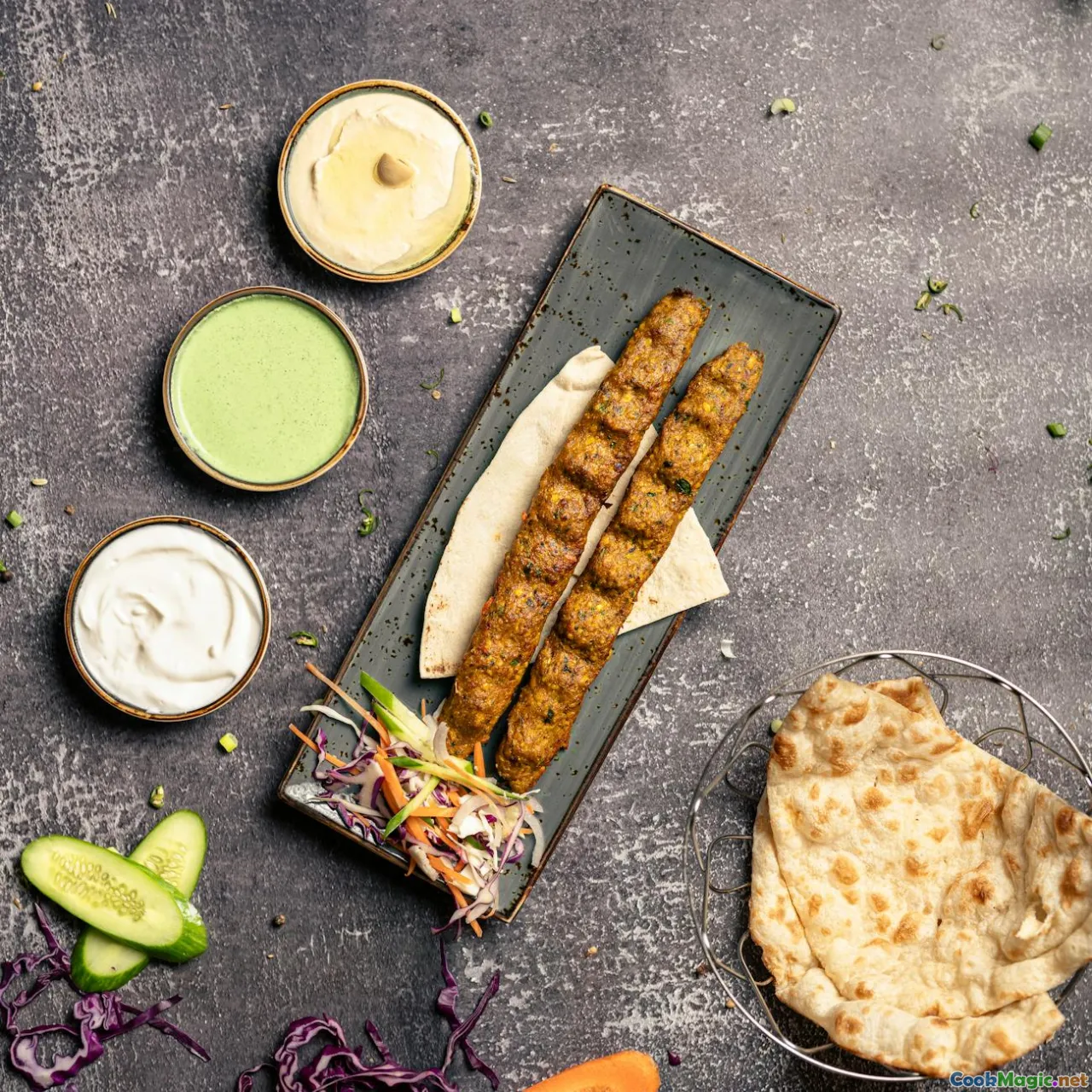
Cumin seeds, with their warm, earthy aroma and slightly smoky flavor, are central to the culinary traditions of India, North Africa, and Mexico. Historically revered as a digestive aid, cumin also boasts antimicrobial and antioxidant actions, making it a valuable addition to our immune support arsenal.
In Indian Puris or Turkish stews, cumin’s presence isn’t just taste—it's a tradition rooted in health wisdom. Adding a teaspoon of roasted cumin powder to dressings or soups introduces not only depth but also a shield against oxidative stress.
Tip: Incorporate toasted cumin seeds in your homemade hummus or sprinkle over roasted chickpeas, boosting both flavor and immunity.
Ginger—The Zesty Anti-Inflammatory

With its fiery kick and pungent aroma, ginger is a culinary staple across Asia, Africa, and the Caribbean. Its bioactive compounds, gingerol and shogaol, have demonstrated anti-inflammatory, antimicrobial, and analgesic effects. Traditionally, ginger has been used to ward off colds and soothe sore throats—think of a steaming cup of ginger tea infused with lemon and honey.
Consuming fresh ginger in stir-fries, smoothies, or pickled forms provides an immediate zing—paired with long-term health benefits. Modern science confirms that ginger enhances immune cell activity and reduces cytokine production, pivotal in resisting infections.
Personal insight: I keep a jar of crystallized ginger at my desk; its little spicy bites are a quick immune-boosting snack.
Cardamom—The Aromatic Protector
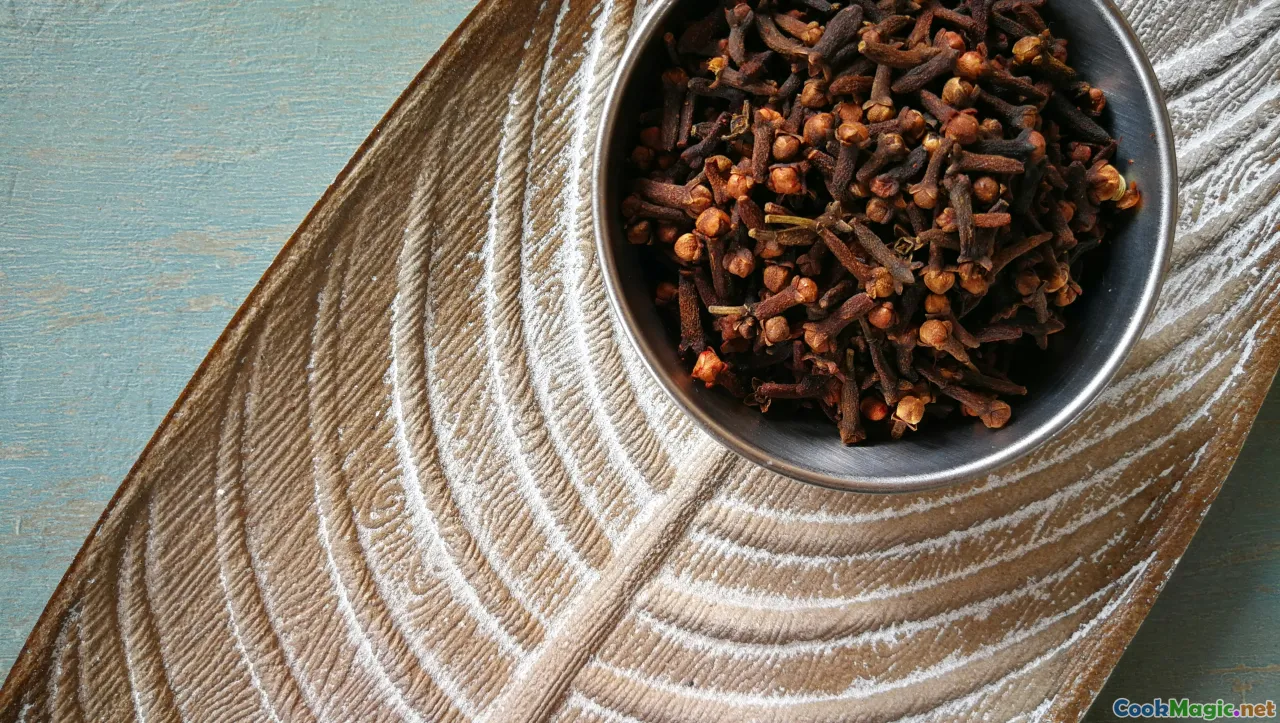
Sweet and slightly citrusy, cardamom has been a treasured spice in Indian, Scandinavian, and Middle Eastern kitchens for centuries. Rich in phytochemicals, it possesses anti-inflammatory, diuretic, and antimicrobial properties.
In chai blends or Scandinavian cardamom buns, its warm aroma deeply comforts and energizes. Historically used to treat respiratory ailments, it can serve as an aromatic remedy to maintain respiratory health—crucial during cold weather.
Tip: Steep crushed cardamom pods in hot water for a soothing herbal infusion that supports respiratory immunity.
Cayenne Pepper—The Spicy Dynamo
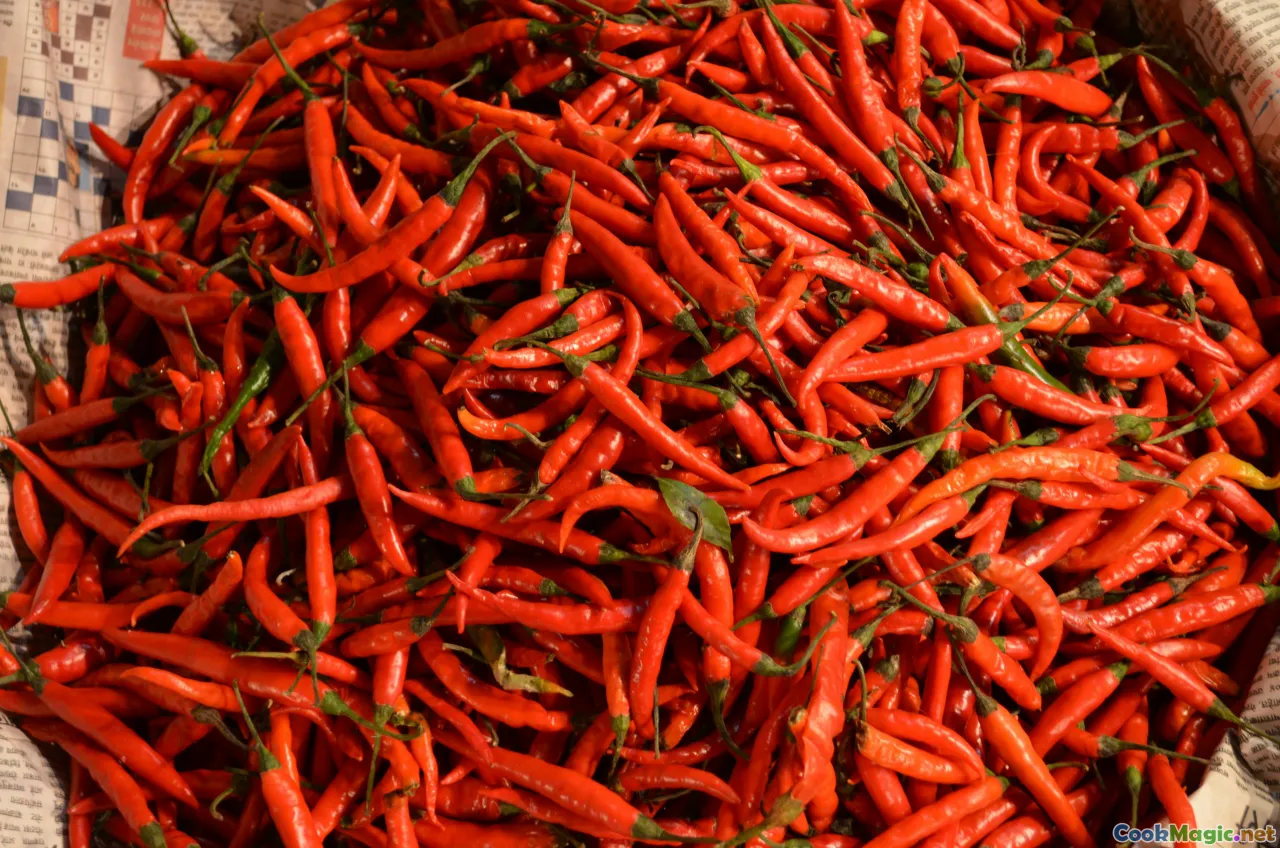
Cayenne pepper, with its fiery red hue and intense heat, packs a potent punch of capsaicin—the compound responsible for its spicy heat. Beyond elevating dishes like chili and hot sauces, cayenne improves circulation, stimulates metabolism, and has anti-inflammatory effects.
Historically, cayenne was used by Indigenous peoples across the Americas as a medicinal herb to fight off infections and boost vitality. Incorporating a pinch into soups, stews, or even a morning lemon-water tonic can warm your body from the inside out and support your immune defenses.
Caution: Due to its potency, start with small amounts if sensitive to heat.
Cloves—The Aromatic Antioxidant
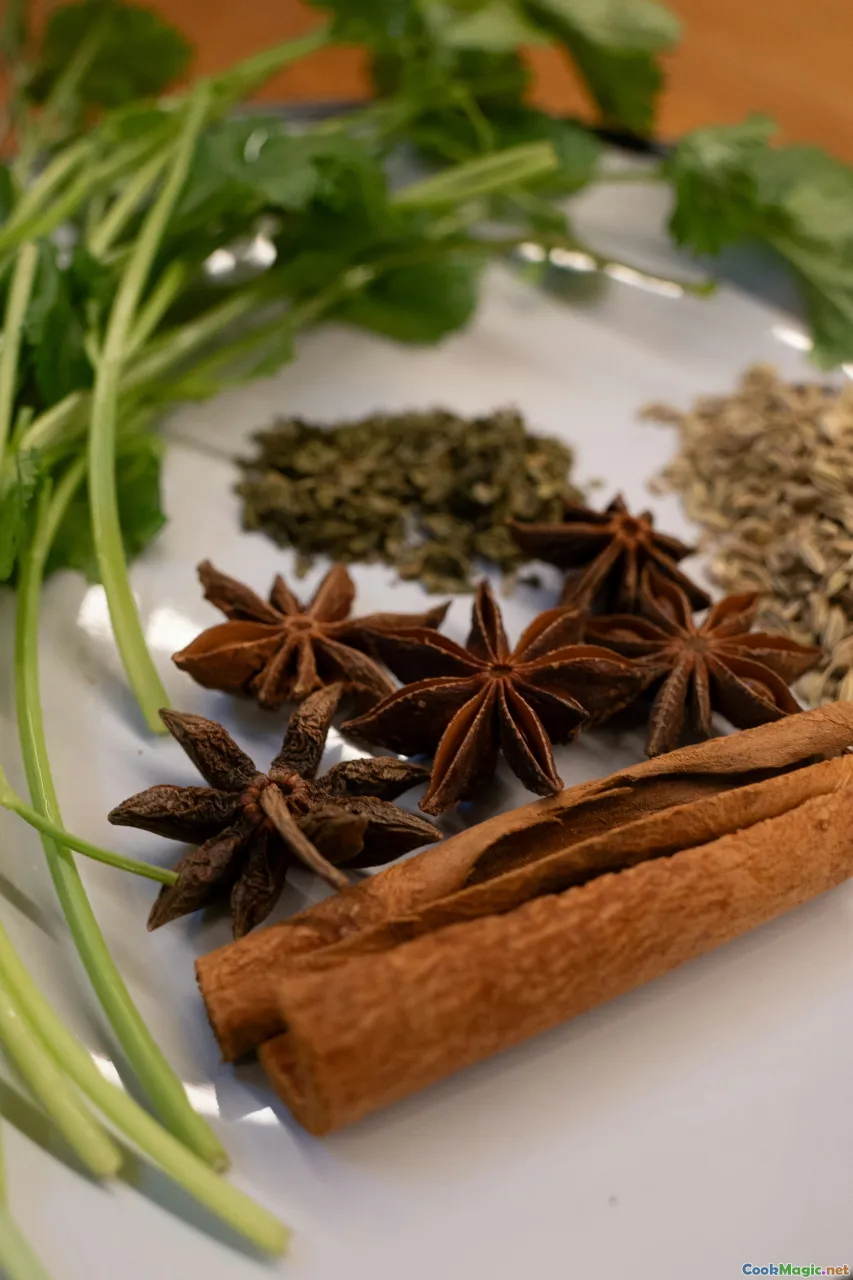
Cloves, with their intense aroma and spicy warmth, have been used in traditional medicine across Asia and the Mediterranean. Rich in eugenol, cloves demonstrate powerful antioxidant, antimicrobial, and anti-inflammatory actions.
A few toasted cloves added to mulled wine or baked apples not only enhances flavor but delivers a health boost. Clove oil has historically been used as a natural remedy for dental pain and respiratory issues.
Tip: Add whole cloves to your simmering broth or poached fruits to infuse both flavor and health effects.
Personal Stories & Cultural Traditions
Cultural cuisines around the world have long valued these spices for their health-boosting properties. For instance, in Ayurvedic practices, turmeric, cumin, and ginger form the triad of essential spices believed to support immunity and balance Doshas. In Morocco, spice blends like Ras El Hanout combine cumin, cinnamon, cloves, and peppers, creating complex flavors and holistic health benefits.
My own culinary awakening came during an extended stay in India, where every meal was a symphony of turmeric, cumin, and ginger, each component serving a purpose beyond taste. I observed that the local communities often emphasized fresh, minimally processed spices to support health, blending tradition with everyday nourishment.
Practical Tips to Incorporate Immunity-Boosting Spices into Your Daily Life
- Start your mornings right: Add turmeric and cinnamon to your coffee or oatmeal.
- Cook with passion: Use cumin and coriander as base spices in everyday curries, roasts, or vegetable medleys.
- Make your own herbal teas: Combine ginger, cardamom, and cloves for a warming, immune-boosting brew.
- Spice up snacks: Sprinkle cayenne on avocado toast or roasted chickpeas for added zing.
- Experiment with baking: Incorporate cinnamon, cardamom, or cloves into cookies, muffins, or bread.
Final Thoughts: A Palette of Wellness
In the grand tapestry of culinary tradition, spices connect us to centuries of healing, culture, and personal memory. By consciously choosing and celebrating these tiny powerhouses in our everyday cooking, we nurture our bodies from the inside out, making health a natural flavor in every bite.
So, next time you reach for that jar of cinnamon or turmeric, remember—you’re not just seasoning your dish; you’re seasoning your life with the vibrant, aromatic colors of wellness and vitality.
May your kitchen be ever fragrant with the spices that sustain and heal—one flavorful spoonful at a time.









